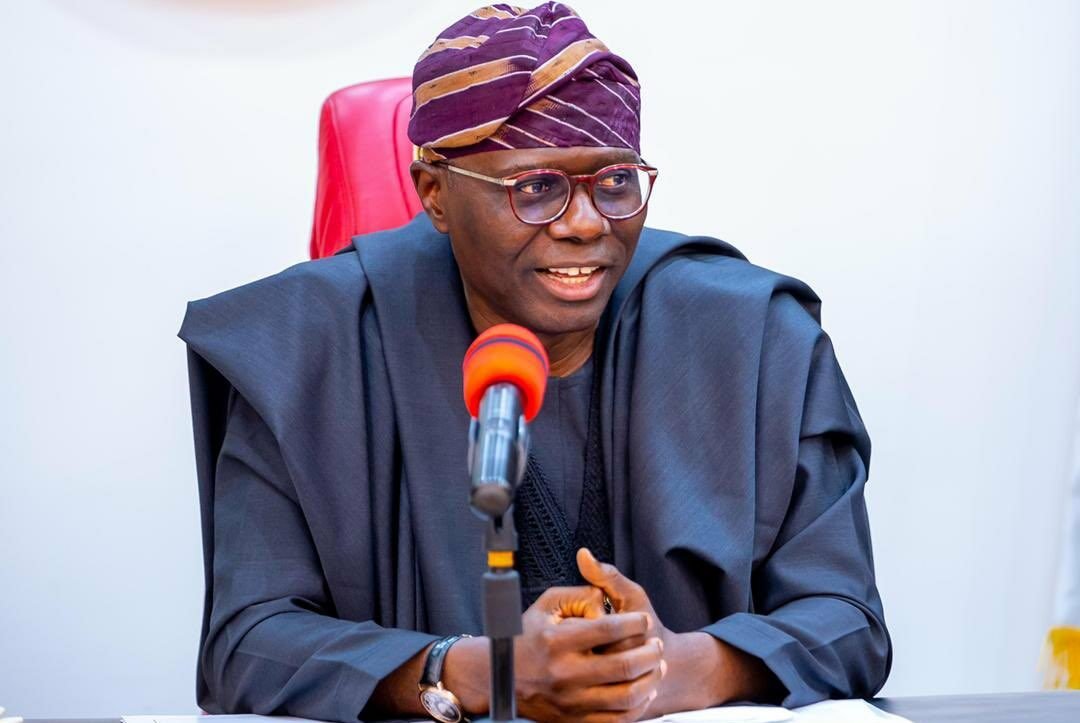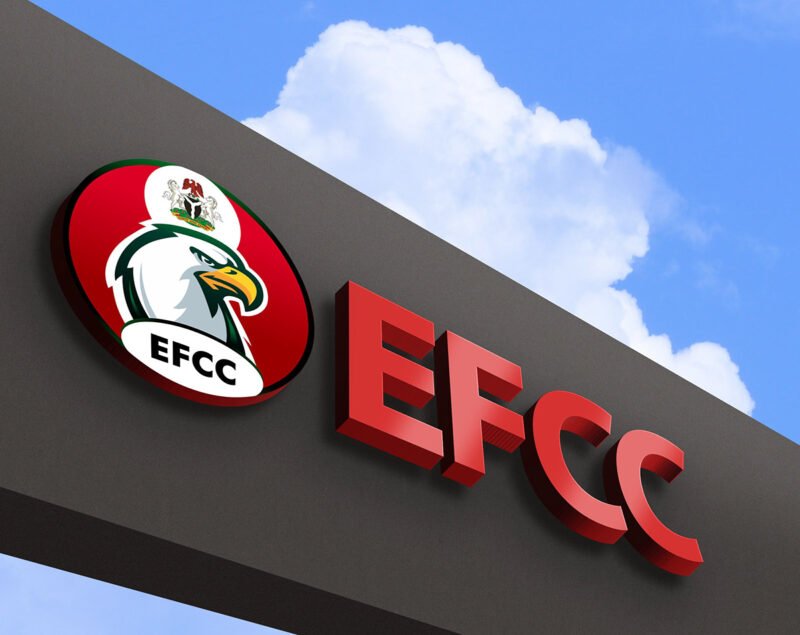Borno State Governor Babagana Zulum has once again drawn national attention to the growing threat of Boko Haram, stating that certain military officers and politicians are acting as informants and collaborators for the terrorist group. This revelation, while not entirely new, is deeply troubling and underscores the entrenched challenges facing Nigeria’s security architecture.
Similar concerns were previously raised by former President Goodluck Jonathan in 2012, when he admitted that Boko Haram operatives had infiltrated the three arms of government, including the armed forces, police, and other security agencies. He made this confession during an Armed Forces Remembrance Day event, but failed to name any individuals. That omission allowed those aiding the sect to continue operating in secrecy.
During Jonathan’s administration, Boko Haram was at its most brutal. The group attacked police stations, deployed suicide bombers, detonated car bombs, and abducted schoolgirls from Chibok—an act that drew international outrage. To counter the militants, the Jonathan government hired mercenaries, who helped reclaim territory seized by the insurgents.
When President Muhammadu Buhari took over in 2015, he declared Boko Haram “technically defeated.” Many fighters were reabsorbed into society under a controversial deradicalization initiative, and for a while, attacks declined. However, the optimism that Nigeria was turning a corner has faded. Today, the group is once again gaining ground.
Governor Zulum’s latest remarks are more than a plea for help—they serve as an indictment of the deep rot within Nigeria’s political and military institutions. The persistence of Boko Haram is not just a result of the group’s own capabilities, but a consequence of betrayal from within. After more than a decade of bloodshed, this truth should alarm every Nigerian.
This treachery must not be allowed to continue. The government has a duty to act boldly and decisively. Nigerians are tired of funerals, tired of fear, and tired of inaction. Governor Zulum deserves credit for speaking out, but he must go further. The time for vague accusations is over. The Nigerian people deserve to know who among their leaders is aiding terror.
We also acknowledge the immense sacrifices of Nigeria’s military, who fight daily under extreme conditions to keep the nation safe. But without disrupting the flow of funds and intelligence that sustains Boko Haram, the struggle will persist. The source of this evil must be confronted directly.
In 2020, a glimmer of justice emerged when six Nigerians were prosecuted and jailed in the United Arab Emirates for attempting to send $782,000 from Dubai to Boko Haram. Their names—Abdurrahman Ado Musa, Salihu Yusuf Adamu, Bashir Ali Yusuf, Muhammed Ibrahim Isa, Ibrahim Ali Alhassan, and Surajo Abubakar Muhammad—were made public. This should have inspired similar action within Nigeria. In 2021, the Buhari administration announced that Boko Haram sponsors had been arrested and were under prosecution. But since then, nothing has been made public. No names. No convictions. No closure.
While the introduction of forest guards and other tactical measures is commendable, the real solution lies in disrupting the financial and logistical lifelines of terror groups. That means identifying, prosecuting, and punishing their sponsors—no matter how influential or well-connected they may be.
Allegations must not be weaponized for political gain, which is why all disclosures must be grounded in solid intelligence and credible investigations. With the right level of international cooperation and political will, exposing and dismantling Boko Haram’s support network is not only possible but urgently necessary.
Despite repeated calls from citizens and civil society for the names of sponsors to be made public, the government has remained silent. As long as these collaborators operate in the shadows, Boko Haram will continue to thrive.







